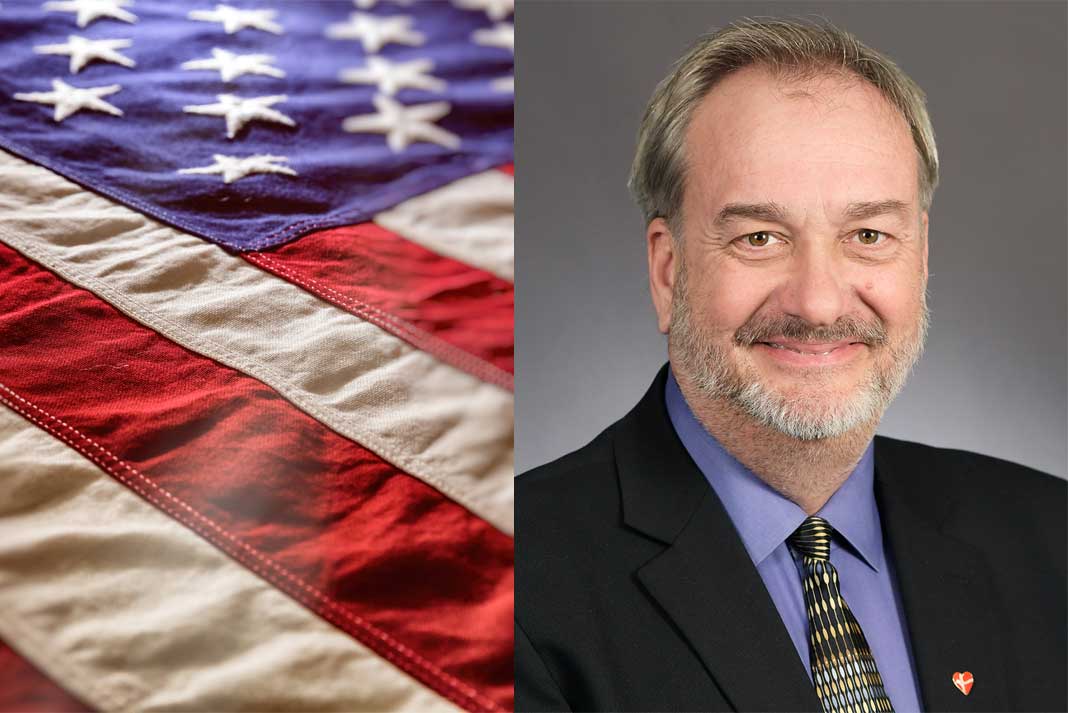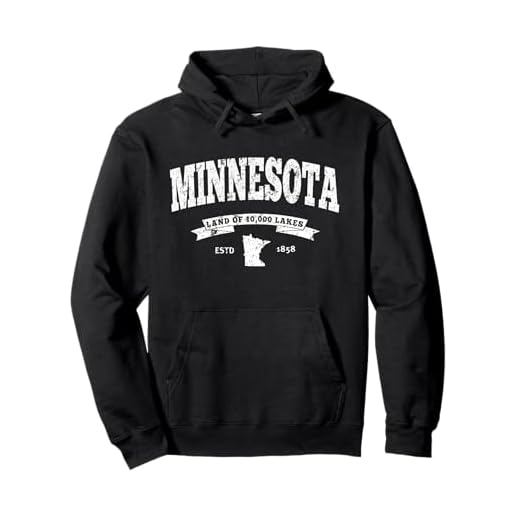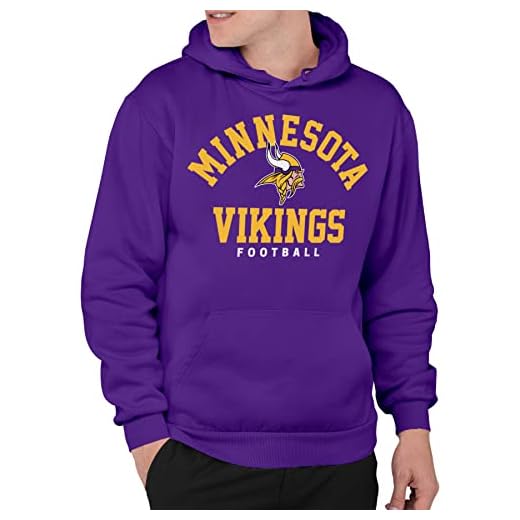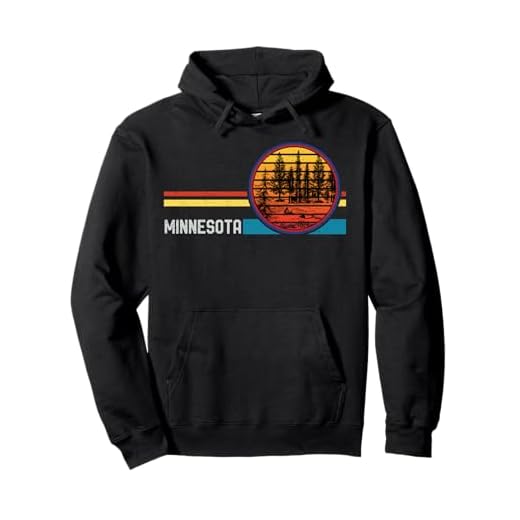Every year when I go to the Minnesota State Fair, I visit the Minnesota Department of Natural Resources (DNR) Building to get my fall hunting license.
As an avid hunter, I know the importance of hunting and fishing to our state, economy, and environment. Hunters and anglers are some of our biggest allies when it comes to supporting the conservation work we fund at the Minnesota Legislature. As chair of the House Environment and Natural Resources Committee, I want to highlight some of the recent changes we made to game and fish laws.
Hunting Laws:
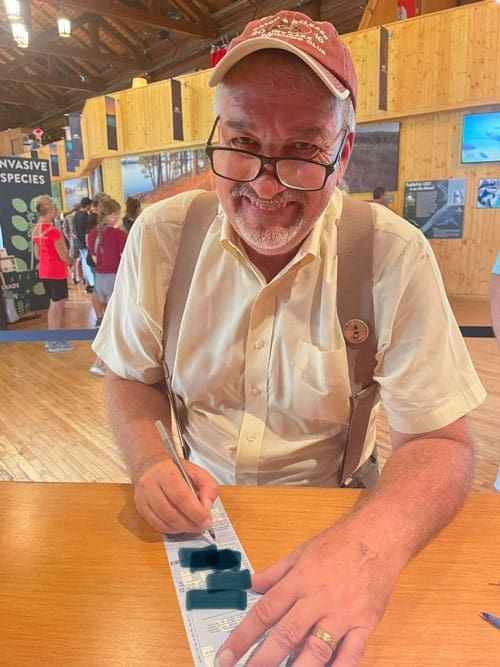
We made multiple modifications to hunting laws in our state, starting with expanding our Conservation Reserve Program incentives to ensure animals have the habitat necessary to maintain healthy population levels. We made necessary modifications to the definition of “unloaded” when it comes to firearms to allow for the use of muzzleloaders with new technology. Finally, crossbows will now be authorized for use during the archery seasons for a period of two years, after which the Department of Natural Resources will assess its impact on the deer population.
Fishing Laws:
After hearing from anglers and scientists studying native fish populations, we redefined “rough fish” and provided funding for the DNR to provide recommendations on how we can better conserve our native fish. The legislature included a provision recognizing spouses of nonresident National Guard and armed forces members stationed in our state as residents when obtaining a fishing license. Another step we took was to allow two lines to fish in certain portions of the Mississippi and Minnesota Rivers.
Expanding Access:
We worked hard to expand access to our outdoor spaces this session. We increased walk-in access programs around the state, which will help other nature lovers such as bird watchers, nature photographers, and more get out and enjoy our amazing natural spaces. We also expanded the use of motorized vehicles in wildlife management areas for those with a disability and are recruiting staff to engage in outreach to the Southeast Asian communities about hunting and fishing opportunities and regulations. We also expanded the paperless issuing of angling, trapping, and hunting licenses, which helps us save resources while making sure people can provide proof of their licenses even if they do not have the physical paperwork with them.
Conservation:
This session we took steps to better conserve and protect our wildlife, so we can ensure that we have a healthy game and fish population that will support anglers and hunters of future generations. We continued to invest in research into Aquatic Invasive Species (AIS) and started to put prior research into effect to slow the spread of these harmful species. We provided clarity to statutes on the wanton waste of common carp and closed loopholes so that bad actors who are convicted of big game violations can no longer use their licenses. We also worked to impose penalties for those who leave waste behind on the ice after ice-fishing, as that waste can harm our rivers, lakes, streams, and fish.
During this session, DFLers worked alongside outdoor enthusiasts of all kinds to ensure that our hunting and fishing economy can thrive and that our natural resources are managed sustainably. These laws help build on the work we did this year to combat the spread of Chronic Wasting Disease, which I wrote about earlier this summer (Minnesota Passes Comprehensive Chronic Wasting Disease Legislation Rep. Rick Hansen). I am excited to get out and hunt this fall and encourage all Minnesotans to do the same.
